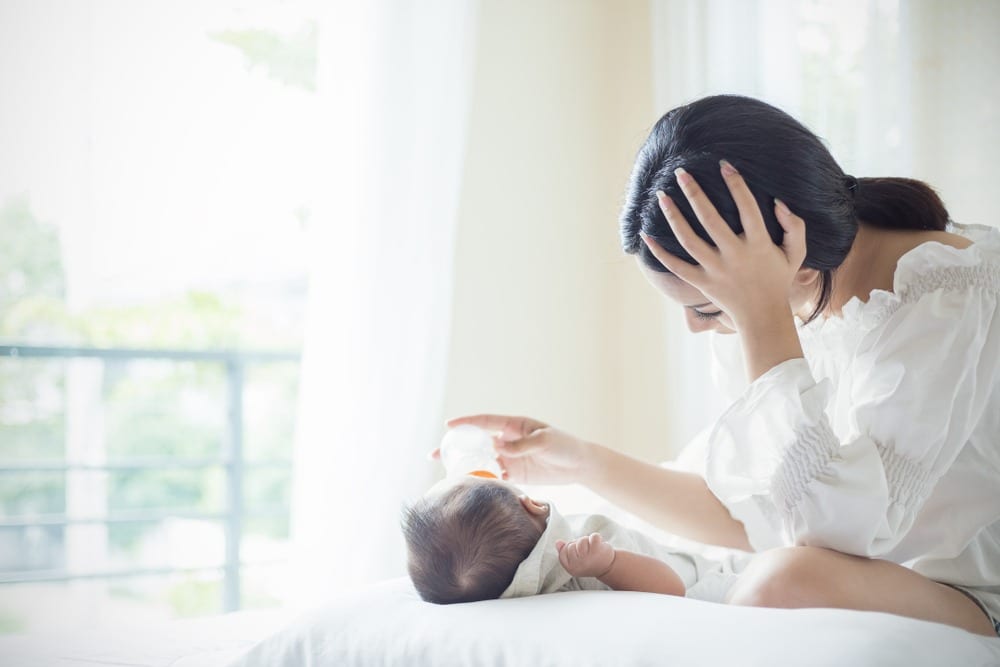In sheer economic terms, the price tag is $877 million annually. This is principally a result of lost worker productivity and high utilisation of the country’s health services. But from a social and ethical standpoint, the price point is far greater.
The research corresponds with another study recently undertaken by Parents at Work and Karitane of more than 6,000 families. Here, 60 percent of parents and carers surveyed expressed that they found it difficult to look after their physical and mental health while juggling other priorities.
And the flow on effect of this could prove enormous.
As Karitane CEO, Grainne O’Loughlin notes when parents take home stress from work the impact is not only on their own wellbeing but the wellbeing of their children — particularly when there is a lack of employer support.
“We know that The First 2,000 Days shape a child’s future and during this time children develop many of the skills and abilities that help them grow into healthy, productive adults. Bonded attachment, where a child feels a strong positive connection with a parent or caregiver, is critical for a child’s brain development, their ability to form relationships and is proven to improve education outcomes as well as reduce the risk of mental illness later in life.
“The 2019 National Working Families survey found half of all parents returning to work after parental leave report significant fatigue; a third are worried and anxious; and one in five report feeling depressed. We need to find ways to better support parents and families at this crucial time, and employers have a wonderful opportunity to be part of the solutions,” she says.
CEO of Gidget Foundation Australia, Arabella Gibson further elaborated on the gravity of the situation.
“This week as we mark Perinatal Mental Health Awareness Week, one in five mothers and one in ten fathers or partners across the country will be experiencing perinatal depression and anxiety – that’s over 100,000 Australians every year.
Over 50% of new parents will experience adjustment disorders. The PwC analysis quantifies the widespread immediate and ongoing health, economic and wellbeing impacts of perinatal depression and anxiety on both parents and children.”
These findings ultimately demonstrate the magnitude of the crisis at hand. Responding to perinatal depression and anxiety is a complex and challenging task that requires support from both employers, policy makers and government. Some recommendations have been made throughout the report regarding prevention, early intervention, and tailored treatment.
Let’s hope those with the power to shift the status quo, are listening.

